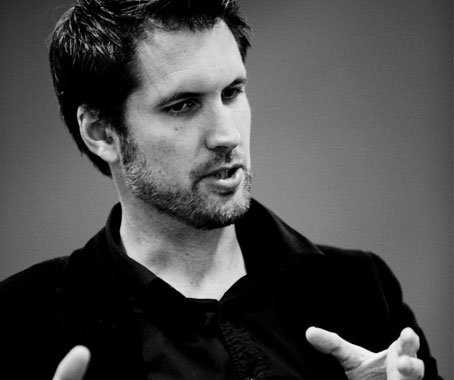
In his newly bestowed role as Professor of Practice in the Faculty of Design, Architecture and Building at the University of Technology Sydney (UTS), Gerard Reinmuth will seek to impact the future of architectural practice and the role of the architect in making the city.
Adding to his current portfolio as Director in charge of Terroir’s Sydney and Copenhagen offices and Guest Professor at Denmark’s Aarhus School of Architecture, Reinmuth will combine research and strategy building relating to both the professional practice programs at UTS and the potential of the architectural profession.
Story continues below advertisement
Reinmuth believes universities are the ideal environment for the exploration of critical issues facing architectural practice.
“Architecture schools should use the freedom of the academic environment to test boundaries, to propose things that may not yet be possible in practice and thus to use university as it should be used – as a research engine which is leading practice rather than as a device for feeding offices with workhorses,” says Reinmuth.
Reinmuth’s research will address “how better to describe the skills that architects actually have already and to articulate, in the public realm, the benefits of these skills so that those responsible for making the city are fully aware of the potential of the profession.”
Story continues below advertisement
This has the capacity to assist students in being more strategic in their skill-building in education and in practice, as well as increasing the scope of architectural possibilities by re-imagining the architect’s role.
“Great buildings are marvellous things, and will remain a key part of what the profession does,” says Reinmuth.
Story continues below advertisement
“But architecture schools and offices are full of intelligent people who, if given a platform, might have a massive impact in the making of the city in role with government, project management and so on.”
In turn, students need to take away a sense of empowerment from their studies, Reinmuth explains, believing that they can have a meaningful impact on the making of the city.
“This means adjusting the focus from the current paradigm where a combination of political factors, project management, building procurement models and other related issues have served to marginalise the architect,” says Reinmuth.
“The architect often remains the only team member with the ability to synthesise incredibly complex pieces of information and make strategic decisions about how to integrate and prioritise these for the benefit of the client and the city.”